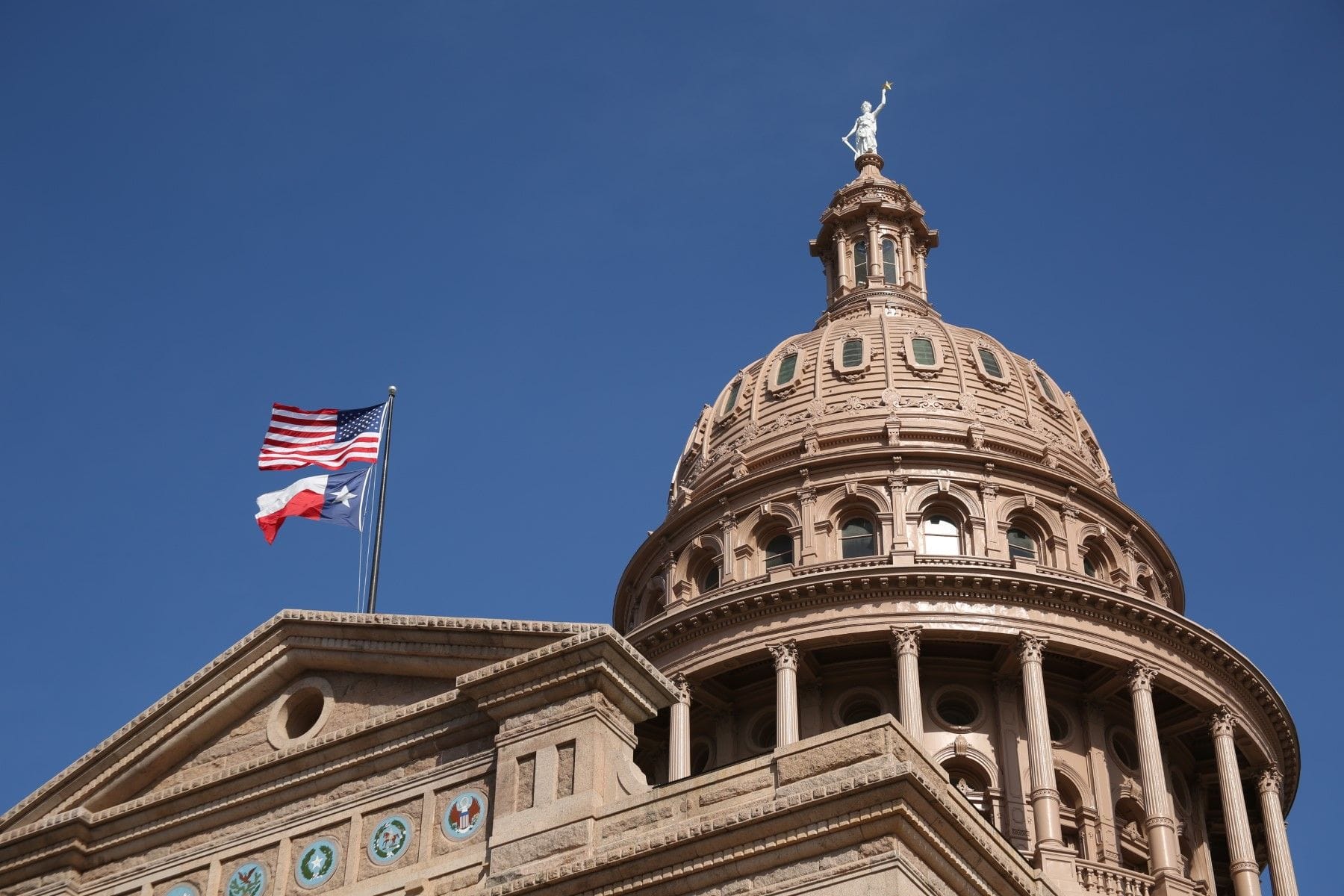Expert Witness Compensation Rules in Texas
Texas expert witness compensation is governed by rules, statutes, and ethics, emphasizing transparency, reasonableness, and compliance in fee agreements.
Updated on
In this article
What Are the Rules Governing Expert Witness Compensation in Texas?
In Texas, expert witness compensation is governed by a combination of statutory provisions, procedural rules, and case law precedents. Understanding these guidelines is essential for both legal practitioners and expert witnesses to ensure compliance and proper financial arrangements. This article explores the legal framework surrounding expert witness fees in Texas, highlighting key statutes, procedural rules, and relevant case law.
Fee Provisions in Texas Rules of Civil Procedure
The Texas Rules of Civil Procedure provide a framework for the compensation of expert witnesses. Rule 195, which deals with discovery regarding experts, outlines the procedures for identifying and disclosing expert witnesses, including their fees. Specifically, Rule 195.5 requires the disclosure of expert witness fees as part of the discovery process, ensuring transparency between the parties involved.
- Disclosure Requirements: Parties must disclose the amount and basis of the expert's fees, which can include hourly rates, flat fees, or contingency arrangements.
- Reasonableness Standard: Fees must be reasonable and necessary, reflecting the expert's qualifications, expertise, and the complexity of the case.
In practice, the determination of what constitutes "reasonable" fees often involves negotiations between the hiring attorney and the expert, guided by market rates and the expert's credentials.
Understanding Texas Civil Practice and Remedies Code § 22.001: Payment Guidelines for Expert Witnesses
Texas Civil Practice and Remedies Code § 22.001 provides specific guidance on the payment of expert witness fees. This statute emphasizes the necessity for compensation to reflect the expert's qualifications and the time invested in the case.
- Statutory Reference: Under § 22.001, expert witnesses are entitled to a fee that compensates them for their time, travel, and expertise.
- Court Discretion: The statute grants courts the discretion to determine the appropriateness of the fees, ensuring they align with the expert's contributions to the case.
By providing a statutory basis for expert fees, § 22.001 helps prevent disputes over compensation and promotes fairness in legal proceedings.
Ethics Opinions from the Texas State Bar on Expert Compensation
The Texas State Bar has issued several ethics opinions that address the compensation of expert witnesses. These opinions offer guidance to attorneys on maintaining ethical practices when engaging experts.
- Prohibition Against Contingency Fees: One key principle is the prohibition against paying experts on a contingency basis, which could compromise the expert's impartiality.
- Full Disclosure: Attorneys are encouraged to fully disclose the fee arrangements to the court and opposing parties, promoting transparency and fairness.
These ethics opinions serve as a critical resource for legal professionals, ensuring that expert compensation practices adhere to ethical standards and maintain the integrity of the judicial process.
Practical Tips for Structuring Expert Witness Fee Agreements in Texas
When engaging expert witnesses in Texas, it is crucial to establish clear and fair fee agreements to avoid misunderstandings and ensure compliance with legal standards. Here are some practical tips for structuring expert witness fee agreements:
- Define Scope of Work: Clearly outline the services the expert will provide, including specific tasks, deliverables, and timelines, to prevent scope creep and ensure mutual understanding.
- Specify Fee Structure: Decide on a fee structure that works for both parties, whether it be hourly rates, flat fees, or retainers. Include details about any additional costs, such as travel or materials.
- Include Payment Terms: Establish payment terms, including when payments are due (e.g., monthly, upon completion of tasks) and acceptable payment methods. This helps manage cash flow and sets expectations.
- Address Cancellation Policies: Outline any cancellation or rescheduling policies to protect both the expert and the hiring attorney in case of unexpected changes.
- Ensure Compliance with Legal Standards: Verify that the fee agreement aligns with Texas statutes and ethical guidelines, particularly regarding the prohibition of contingency fees.
- Maintain Documentation: Keep thorough records of all communications and agreements related to fees to facilitate transparency and resolve any potential disputes.
By following these tips, legal practitioners can create effective fee agreements that respect the expert's contributions while ensuring compliance with Texas rules and ethical standards.


